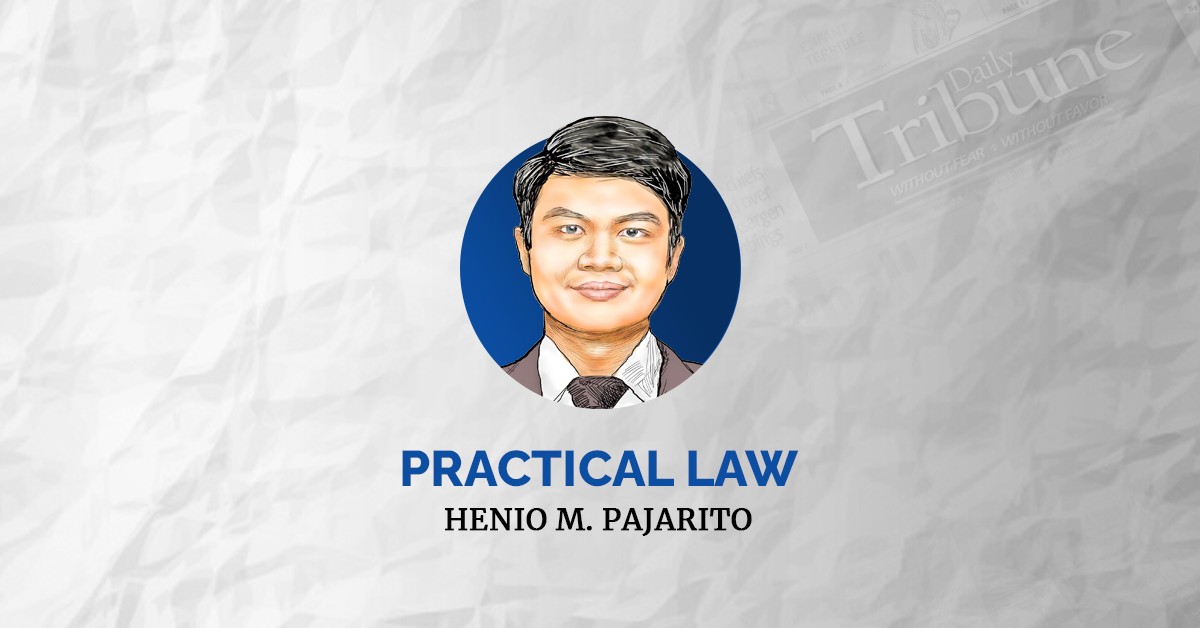Our name is given to us at birth and becomes a part of our identity. We cannot control the name that we were given, but we can choose to change it if we want to. Fortunately, the law allows us to change our name for a variety of reasons, such as marriage, adoption, clerical error, or simply because we find our name ridiculous.
The Supreme Court had an opportunity to define a person’s name in the Matter of the Adoption of Stephanie Nathy Astorga Garcia, GR 148311 (2005). In the said case, the Supreme Court held that a person’s name is how he/she is known and addressed in his/her community. It is a word or combination of words that distinguishes him/her from others. It is also a label or appellation that he bears for the convenience of others when they speak to him or deal with him/her. It is both in the personal as well as in the public interest that every person must have a name.
In the Philippines, Rule 103 of the Revised Rules of Court covers principally the change of surname and middle name. For change of first name and/or nickname, the principal governing law is Republic Act No. 9048 (RA 9048) or the “Clerical Error Act.”
A change of name under Rule 103 of the Revised Rules of Court should be for a reasonable cause. In Republic of the Philippines v. Court of Appeals, GR No. 88202 (1998), the Supreme Court recognized some sufficient grounds to warrant a change of name: (1) when the name is ridiculous, dishonorable, or extremely difficult to write or pronounce; (2) when the change is a legal consequence of legitimation or adoption; (3) when the change will avoid confusion; (4) when one has continuously used and been known since childhood by a Filipino name and was unaware of alien parentage; (5) when the change is based on a sincere desire to adopt a Filipino name to erase signs of former alienage, all in good faith and without prejudice to anybody; and (6) when the surname causes embarrassment and there is no showing that the desired change of name is for a fraudulent purpose, or that the change of name would prejudice public interest. In granting or denying petitions for a change of name, the question of proper and reasonable cause is left to the sound discretion of the court.
Moreover, RA 9048 also allows people to change their first name or nickname through a simpler administrative process. It covers cases of clerical or typographical errors and change of (1) first name or nickname, (2) the day and month in the date of birth; or (3) sex of a person where it is patently clear that there was a clerical or typographical error or mistake in the entry.
Simply changing one’s name does not alter existing family relationships or create new family rights and obligations where none previously existed. Furthermore, it does not impact a person’s legal capacity, marital status, or citizenship. In Ang Chay v. Republic, GR No. L-28507 (1970), the Supreme Court ruled that a change of name solely modifies the specific word or set of words by which an individual is identified and distinguished from others in society.
